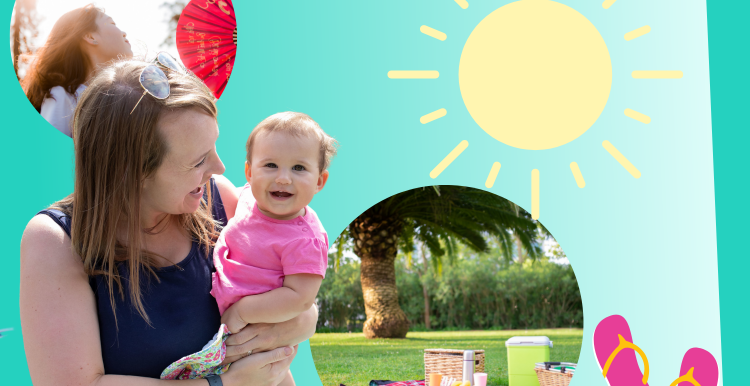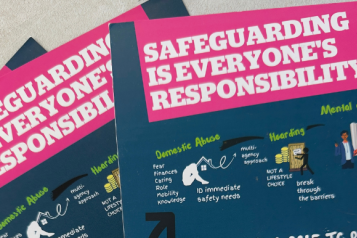Coping with the Hot Weather

Tips for coping in hot weather
- look out for those who may struggle to keep themselves cool and hydrated – older people, those with underlying health conditions and those who live alone are particularly at risk
- close curtains on rooms that face the sun to keep indoor spaces cooler and remember it may be cooler outdoors than indoors
- drink plenty of fluids and avoid excess alcohol
- never leave anyone in a closed, parked vehicle, especially infants, young children or animals
- try to keep out of the sun between 11am to 3pm
- walk in the shade, apply sunscreen regularly and wear a wide brimmed hat, if you have to go out in the heat
- avoid exercising in the hottest parts of the day
- make sure you take water with you, if you are travelling
- if you are going into open water to cool down, take care and follow local safety advice
- For more information visit GOV.UK: Heatwave Plan for England.
If you have concerns about an uncomfortably hot house that's affecting your health or someone else's, get medical advice.
You can also get help from the environmental health office at your local authority. They can inspect a home for hazards to health, including excess heat.
Who's most at risk?
A heatwave can affect anyone, but the most vulnerable people are:
- older people – especially those over 75
- those who live on their own or in a care home
- people who have a serious or long term illness
- those who may find it hard to keep cool – babies and the very young, the bed bound, those with drug or alcohol addictions or with Alzheimer's disease
- people who spend a lot of time outside or in hot places – those who live in a top floor flat, the homeless or those whose jobs are outside
Check for signs of heat exhaustion
The signs of heat exhaustion include:
- a headache
- dizziness and confusion
- loss of appetite and feeling sick
- excessive sweating and pale, clammy skin
- cramps in the arms, legs and stomach
- fast breathing or pulse
- a high temperature of 38C or above
- being very thirsty
The symptoms are often the same in adults and children, although children may become floppy and sleepy.
Give us feedback!
The British Red Cross would like to gather feedback from Newham residents on Heatwave information material and its guidance.
You can download the material below, please email any feedback and their usability to info@healthwatchnewham.co.uk.


